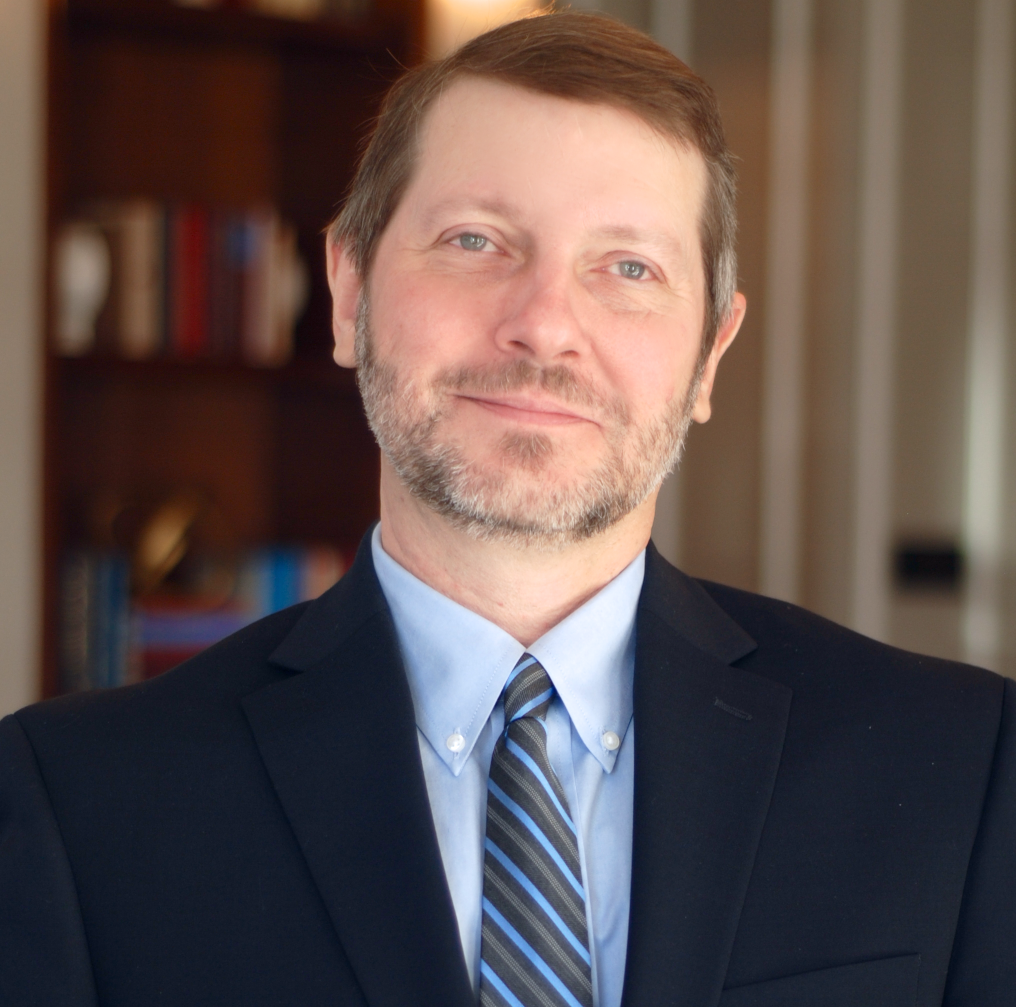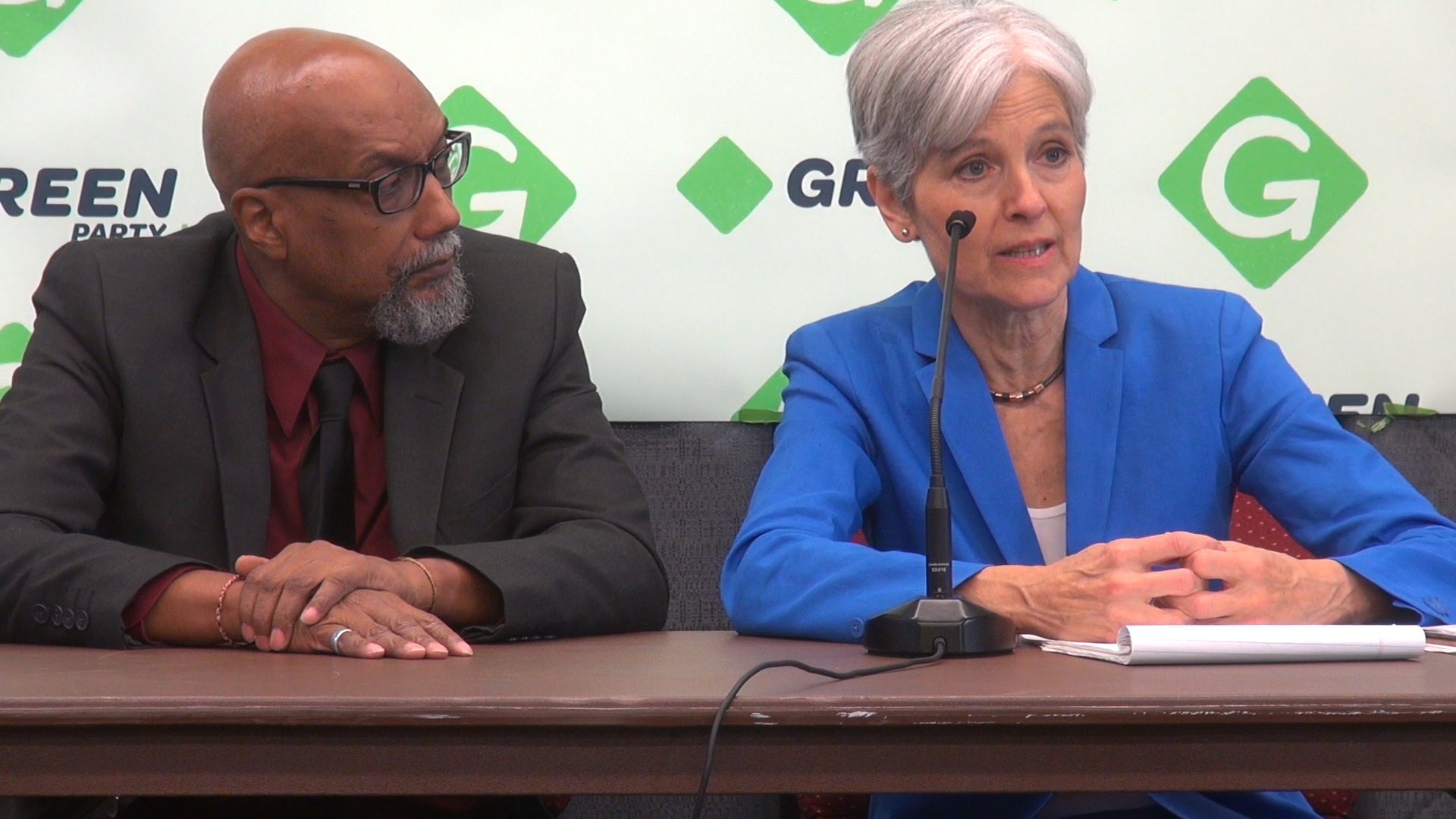-
A scientific approach to politics
a scientific approach to politics
Photos Courtesy of Gannon Ray, Left, and Randy wadkins, right

Brian Spurlock
Science Reporter
bspurgbs@uab.eduSince Paula Abdul left American Idol, there have only been two institutions that Americans trust: The United States Military and science.
But, in the wake of Donald J. Trump’s 2016 election, scientists could already feel the tide turning against them. One of Trump’s first acts as President was to endorse sweeping reductions to research funding according to Washington Post.
“There was now a credible threat to scientific progress and scientific thought,” said Cortez Bowlin, graduate in biomedical sciences student and one of the organizers for the Birmingham March for Science.
Other scientists shared in Bowlin’s concern.
“That was the last straw,” said Randy Wadkins, biochemistry professor at the University of Mississippi and Democratic candidate for Congress for the first district of Mississippi. “It wasn’t the only thing, but that’s when I decided ‘maybe this is my time.’ As a scientist, you have a different sort of vision and toolset, and it is irresponsible not to get involved when you look around and see what is going on.”
Many candidates for local, state and national office in 2018 have touted their STEM credentials.
“Several of my friends decided to run and asked me to run as well,” said Gannon Ray, a medical student at South Alabama and former research intern at UAB who ran to join the Alabama GOP Executive Committee. “[We wanted] to root out some of the so-called establishment in Alabama politics.”
Wadkins and Ray said that they may disagree on policy, but they agree that policy decisions could benefit from being tackled with the scientific method, the way in which scientists form and test a hypothesis.
Wadkins said U.S. policy should advance like science, by building on what has worked in other places and seeing if we can go one step further.
Even if STEM training would help politicians, it seems to hurt candidates who are running. In 2018, scientists performed an average of a 3 percent lower than other candidates in the polls, according to an analysis by FiveThirtyEight and Ballotpedia.
Ray lost his June 2018 race to Jerry Lathan, husband of Terry Lathan who chairs the Alabama Republican Party. Wadkins is the underdog in his race against GOP incumbent Trent Kelly.
Ray and Wadkins said they both worry that scientists may come across as standoffish to the average voter. Bowlin said scientists are at a disadvantage because they defend the data without considering what is politically convenient.
“There is a point where doing what is right and doing what is political is not the same thing,” Bowlin said. “As scientists we know that if the data says this and the field says the opposite, you have to defend the data.”
The fix for this, according to Wadkins, one needs to have deep ties to the community where one runs.
“If you don’t live there, if people don’t know you, they’re just going to assume the worst about you,” Wadkins said.
Still, with scientists running and losing, Bowling said he fears that science itself will become political, and not objective.
“[AL Rep.] Mo Brooks argued rocks falling into the ocean could be causing sea level rise,” Bowlin said. “[Phil Duffy], the scientist testifying, said that effect is miniscule compared to what we are seeing. [He] was not trying to say‘vote blue,’ but he is now considered a political operative because he disagreed.”
“Most of the time when you think of a political act, its endpoint is some form of political change,” Bowlin said. “Unfortunately, science has become something like that. I do not think anyone wants it that way.”
-
Jill Stein’s chances as strong as her pseudoscience
 Green Party candidate Jill Stein and her running mate Ajamu Baraka. Photo from Wikimedia CommonsAaron Stuber - Contributor
Green Party candidate Jill Stein and her running mate Ajamu Baraka. Photo from Wikimedia CommonsAaron Stuber - Contributor
abstuber@uab.edu
With one of the most divisive presidential elections about to commence, many voters are looking for third party options that do not include the human robot, Hillary Clinton, and the billionaire who paid to roll in Cheetos dust, Donald Trump.
-
Remember, Remember the 8th of November
 Illustration by Corey BrightOliver Ocean -Contributor
Illustration by Corey BrightOliver Ocean -Contributor
Election time is just around the corner, and with many considering this election to be the downfall of America, it doesn’t seem like too long ago when people swore that the fibers holding this country together would deteriorate under the leadership of our first Black president, Barack Obama.
While not all of his measures reached the desired effect many were hoping for, his policies — especially in social medicine — took a critical step in the right direction. With this in mind, it’s important for us to note what leadership will be best for the nation. Which leader will fill the vacant Supreme Court seat with the most level-headed judge? Which leader will improve foreign relations and create a viable working world? Which leader will spread tolerance and understanding, not fear and hate?
-
Your college education is being ruined by unnecessary rules
 The Board of Trustees makes the rules. Photo by Sarah FaulknerWallace Golding - Contributer
The Board of Trustees makes the rules. Photo by Sarah FaulknerWallace Golding - Contributer
wsgoldin@uab.edu
I resent the American collegiate education system, but not for the reasons many of you may think. It is not the outrageous cost of my education that angers me, nor is it the rampant corruption that seems to have taken university officials by storm. Rather, it is the overriding and counterintuitive themes of censorship and political correctness on college campuses that I find so irritating. Speech codes and free speech zones are components of a broken machine, and they are ruining your college education.
Before I go any further, I want to be clear that I am in no way advocating for the use of discriminatory speech on college campuses or anywhere else in society. I do not condone the practice of derogatory or slanderous language, and I am not suggesting that we all abandon our personal filters.
Instead, I am proposing that we all reconsider why we spend thousands of dollars each year on tuition.